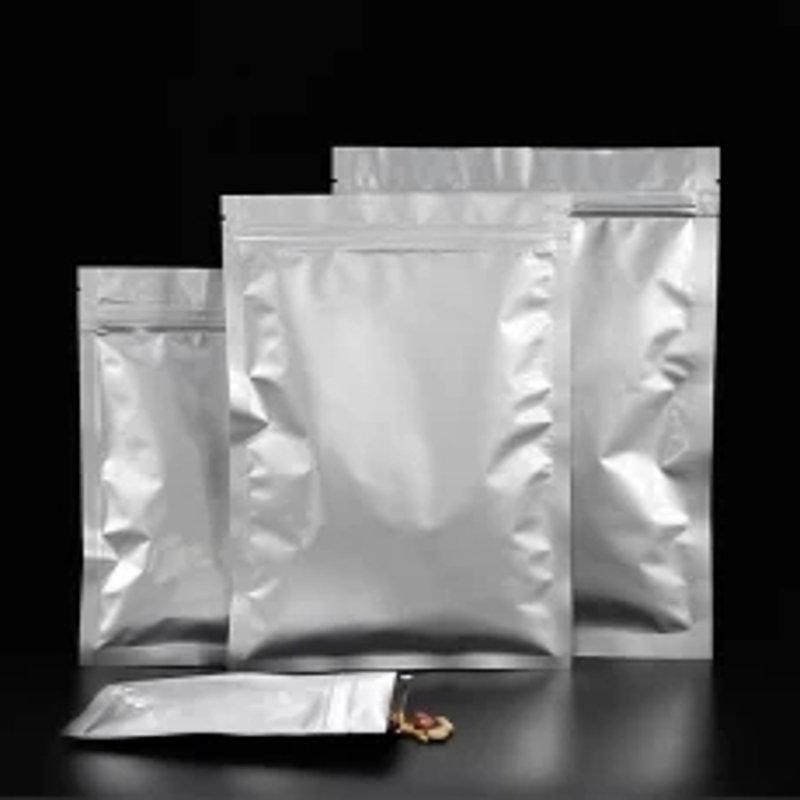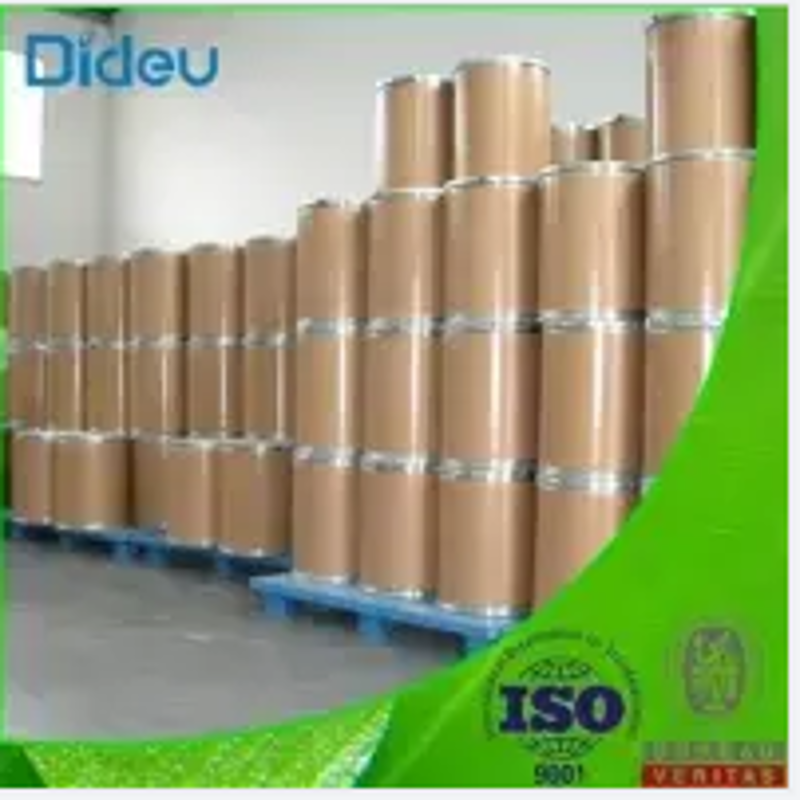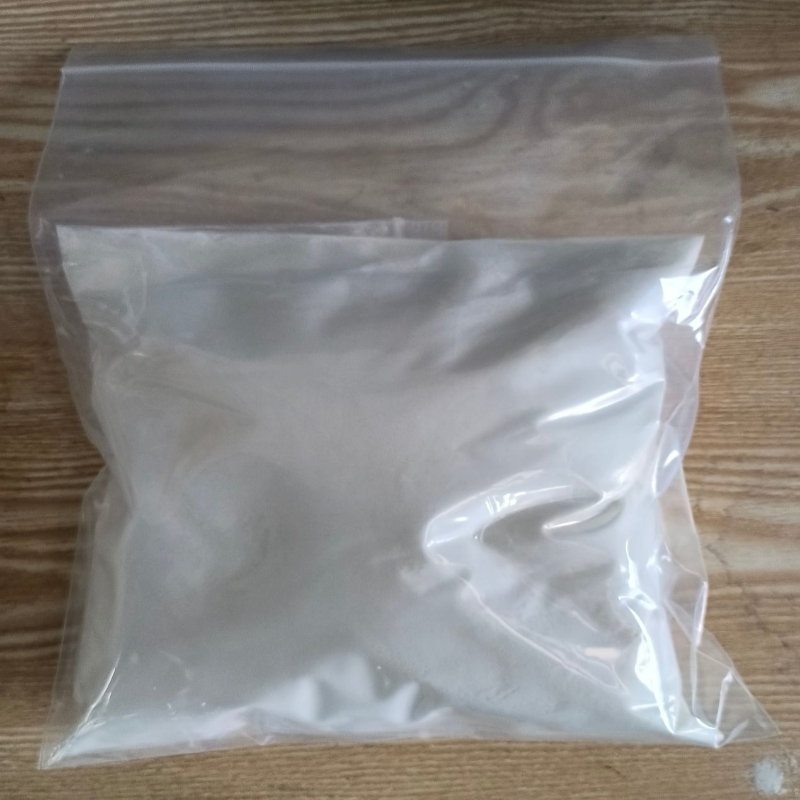-
Categories
-
Pharmaceutical Intermediates
-
Active Pharmaceutical Ingredients
-
Food Additives
- Industrial Coatings
- Agrochemicals
- Dyes and Pigments
- Surfactant
- Flavors and Fragrances
- Chemical Reagents
- Catalyst and Auxiliary
- Natural Products
- Inorganic Chemistry
-
Organic Chemistry
-
Biochemical Engineering
- Analytical Chemistry
-
Cosmetic Ingredient
- Water Treatment Chemical
-
Pharmaceutical Intermediates
Promotion
ECHEMI Mall
Wholesale
Weekly Price
Exhibition
News
-
Trade Service
Quaternary ammonium compounds, also known as quats, are a type of chemical compound that is widely used in the personal care, household, and industrial cleaning industries.
They are known for their ability to effectively kill bacteria and other microorganisms, making them an ideal choice for use in a variety of applications.
One specific type of quaternary ammonium compound that is commonly used is bis(hydrogenated tallow alkyl)dimethylammonium chloride, which is often referred to simply as quat.
Quats are typically made up of a positively charged nitrogen atom, which is attached to three other atoms or molecules.
These three other atoms or molecules are typically a combination of a hydrogen atom, a alkyl chain, and a negatively charged group, such as a chloride ion.
The combination of these four atoms or molecules gives quats their antimicrobial properties, as they are able to penetrate the cell membrane of bacteria and other microorganisms and disrupt their normal functioning.
One of the most common ways to make quats is through a chemical reaction known as alkylation.
In this process, a fat or oil is first hydrogenated to make it more solid and less prone to spoilage.
This hydrogenated fat or oil is then treated with a mixture of a strong base, such as sodium hydroxide, and a halogen, such as chlorine.
This reaction converts the fat or oil into a quat, which is then purified and dried to remove any remaining impurities.
Quats are widely used in a variety of personal care, household, and industrial cleaning products.
They are often added to shampoos, soaps, and other personal care products to help kill bacteria and other microorganisms that can cause skin infections or other health problems.
They are also commonly used in household cleaning products, such as disinfectants and sanitizers, to help kill germs and bacteria on surfaces.
In addition, quats are also used in industrial cleaning applications, such as the cleaning of food processing equipment, to help reduce the risk of contamination and foodborne illnesses.
One specific type of quat that is commonly used is bis(hydrogenated tallow alkyl)dimethylammonium chloride.
This quat is made up of a hydrogenated tallow alkyl chain, which is a type of saturated fat that is derived from tallow, a type of animal fat.
This quat is also mixed with bentonite, a type of clay that is commonly used as a thickener or binder in various products.
This combination of quat and bentonite is often used in personal care and household cleaning products, as it helps to improve the effectiveness of the quat and make it easier to apply to surfaces.
Despite their widespread use, quats have been the subject of some concern regarding their safety.
Some studies have suggested that quats can be irritating to the skin and eyes, and can cause respiratory problems when inhaled.
However, it is important to note that these concerns are generally based on studies done on individual quats, and not on the specific quat and bentonite mixture that is commonly used in personal care and household cleaning products.
Moreover, the use of quats in personal care and household cleaning products is generally considered to be safe when used as directed.
Many countries have strict regulations in place to ensure the safety of quats and other chemicals used in these types of products.
In the US, for example, the Food and Drug Administration (FDA) and the Environmental Protection Agency (EPA) are responsible for ensuring the safety of personal care and household cleaning products.
The FDA regulates the safety of ingredients in these types of products, while the EPA is responsible for ensuring that the products themselves are safe to use.
It's worth mentioning that, while quats are generally safe to use, it is still important to handle them with ca







